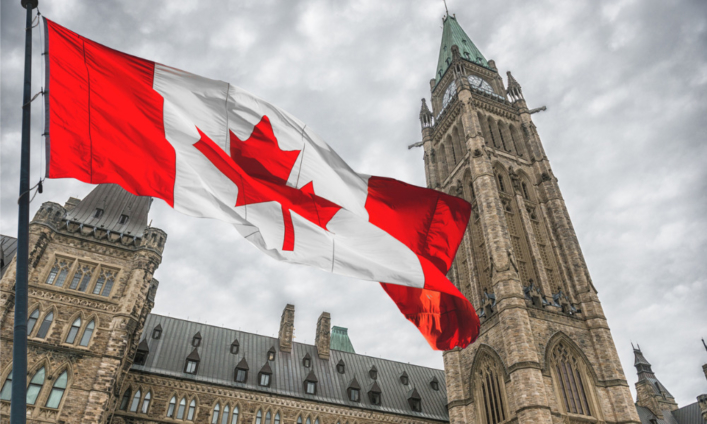Canada unveiled plans Wednesday for its first major reduction in immigration targets in years, signaling a dramatic shift in policy as the government grapples with mounting public pressure over housing affordability and strained public services.

The new immigration framework calls for a stepped decrease in permanent residents: from 485,000 in 2024 to 395,000 in 2025, followed by further reductions to 380,000 in 2026 and 365,000 in 2027. Temporary residents will also see cuts, with numbers decreasing by approximately 30,000 to around 300,000 in 2025.
The policy reversal comes as a striking departure for a nation that has long positioned itself as a champion of immigration. Recent months have seen public sentiment shift dramatically, with newcomers increasingly blamed for the country’s housing crisis, rising living costs, and overwhelmed healthcare system.
The decision reflects growing political pressure on the unpopular government, which faces a federal election no later than October 2025. Recent polling indicates an increasing portion of Canadians believe the country has accepted too many immigrants, marking a significant change in public attitude for a nation traditionally proud of its multicultural identity.

Immigration has emerged as one of the most divisive issues in Canadian politics, forcing a government long committed to high immigration levels to adapt its stance amid mounting social and economic concerns. The policy shift suggests a recognition that public anxiety over housing affordability and access to services has reached a critical point.
The dramatic reduction in targets, first reported by The National Post, represents the government’s most concrete response yet to growing calls for immigration reform, though it remains to be seen whether the cuts will satisfy critics or ease pressure on housing and public services.



